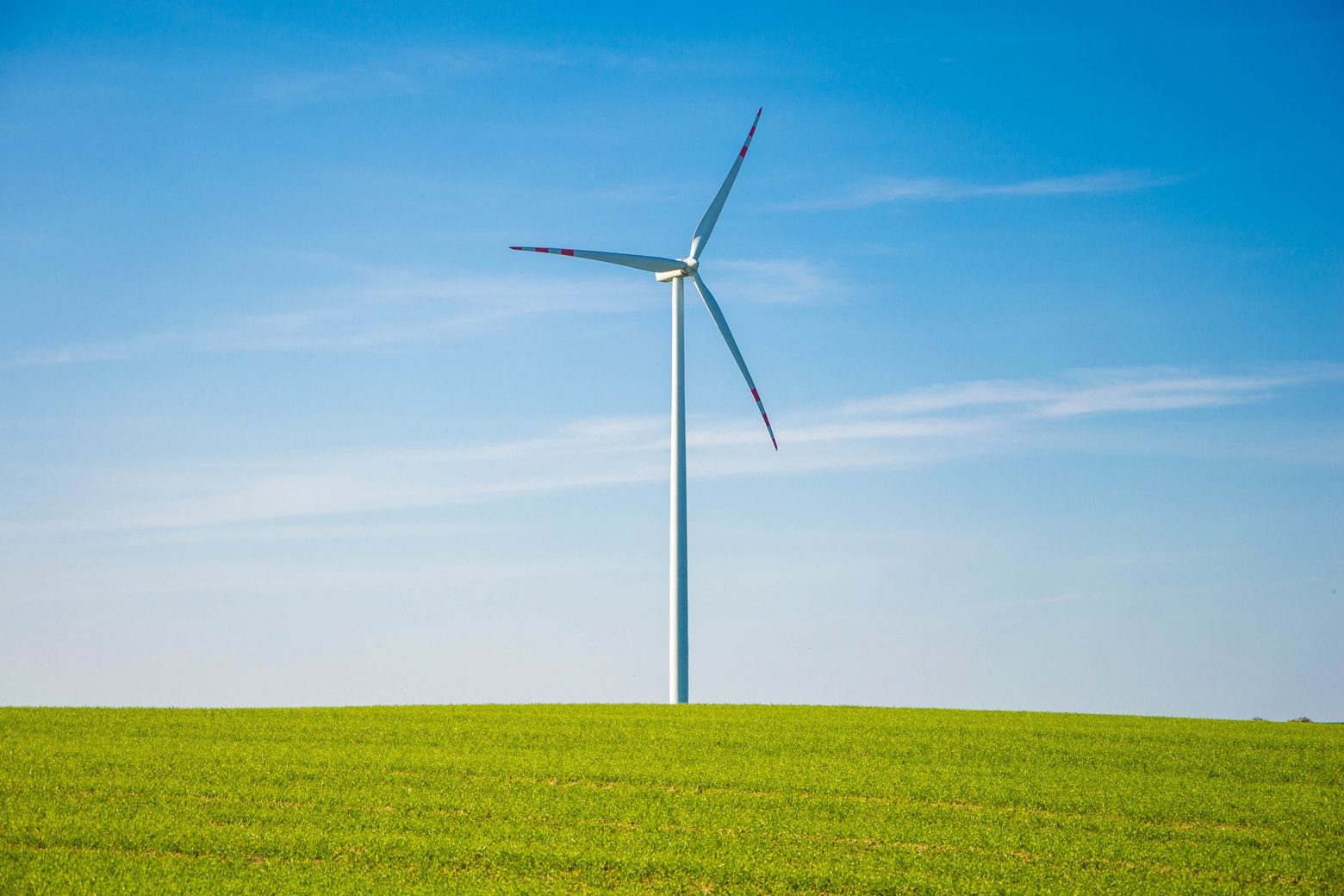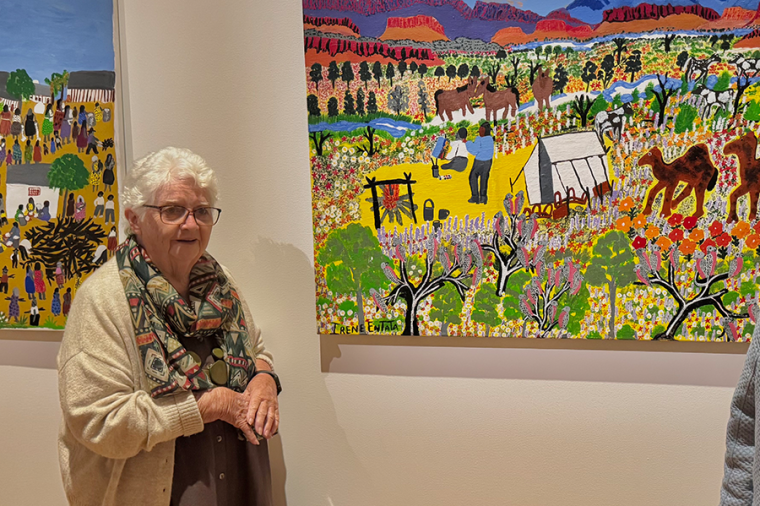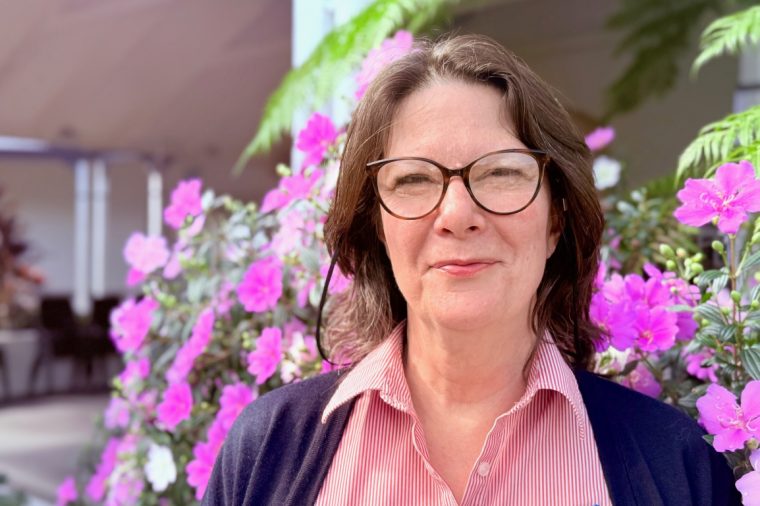
Written by Kaushik Sridhar, National Sustainability Manager at Regis:
“The protection of our environment is an important global and local responsibility.”
Background
Sustainability issues are becoming increasingly material and significant to companies’ long-term business strategies, to both their internal and external stakeholders. From increasing demand for resources to social inequalities to climate risk, businesses are facing more complex risks and trade-offs across their value chains. Global economic growth, increase in population, a rising middle class and rapid urbanisation are all driving an increase in demand for our resources.
Sustainability in Aged Care
In Australia there are 902 organisations providing residential aged care with over 201,000 places allocated in 2017. The aged care sector will continue to grow as our population ages and it is estimated that by 2051, people aged 65 years and over will represent one quarter of the Australian population (6.8 million people). Aged care organisations need to cater to this growing demographic by building more homes ensuring adequate and appropriate residential care. Equally important is to build and operate homes that are designed to have minimal impact on our environment including reducing energy and water consumption, waste generation and increasing the use of renewable energy as the main source of powering the aged care facilities.
To incorporate and embed sustainability in business strategies, aged care organisations need to take a long-term view toward managing their environmental and social risks as well as impacts. Strategic integration of sustainability prepares them to better anticipate and understand long-term trends and the effect of resource use, and to address stakeholder expectations.
The Business Case for Sustainability
The foundation in supporting the business case for sustainability in aged care can be categorised into two areas: operational efficiencies and enhanced brand reputation. Having a robust sustainability vision, policy, strategy and action plan can significantly reduce operating costs, eliminate waste, create energy efficiency, further engage employees, strengthen a company’s brand value and potentially open up new opportunities.
Regis’ Journey
Regis recognises that as one of the leading Australian aged care companies, we have an important role to play in sustainability. Whilst this issue is not unique to aged care, with the growth in the aged care sector linked to the increasing population age, we believe there is a sound social, environmental and economic basis to address.
Our business case for sustainability considers both operational efficiencies and enhanced brand reputation. A robust sustainability vision, strategy and action plan can significantly reduce operating costs, eliminate waste, create energy efficiency, engage employees whilst also strengthening Regis’ brand value as well as potentially opening up new opportunities around eco-innovation, innovative care pathways and improved wellbeing. Enhancing the quality of life of Regis’ residents is a responsibility that forms a crucial pillar of the organisation’s mission.
Our Actions
Regis published its first Environmental Sustainability Statement on 1 July 2018. This acknowledged the environmental and social impacts of our operations and confirmed our commitment to actively managing and minimising our carbon footprint – https://www.regis.com.au/ess/
Regis aims to promote sustainability initiatives, environmental responsibility and resource-efficient processes that drive improved operational and environmental outcomes. As part of our sustainability focus, we commenced a comprehensive process to identify and evaluate the environmental impact of our homes. Our sustainability strategy is to reduce the business’ carbon emissions and to limit the impact on global warming.
Over the past 12 months we have made significant progress toward our sustainability commitments by implementing the following:
- Sustainability Steering Committee to monitor Regis’ sustainability performance
- LED & Solar installations resulting in the implementation of over 15,000 LED lights and 1.6 MW of solar panels across a number of facilities
- Sustainability Month March 2020 launched to encourage employee and resident engagement toward sustainability
The company’s war on waste was another campaign where Regis looked within the organisation to come up with ideas on how to reduce its environmental footprint. Each site was presented a ‘Sustainability Ideas’ poster providing an opportunity for staff and residents to write down innovative ideas on how Regis could reduce its environmental impact. In total 140 ideas were submitted including food scrap composting, community herb gardens, reduction in plastics and many more.
Collaborating and communicating with staff and residents alike is crucial to ensuring engagement in initiatives and strengthening a company’s brand value. Good communication and engagement can result in encouraging stakeholders and partners to collaborate and build a sustainability program that responds to the interests and needs of our staff and residents.
By incorporating and embedding sustainability in our business strategy, Regis has taken a long-term view toward managing environmental and social risks.





